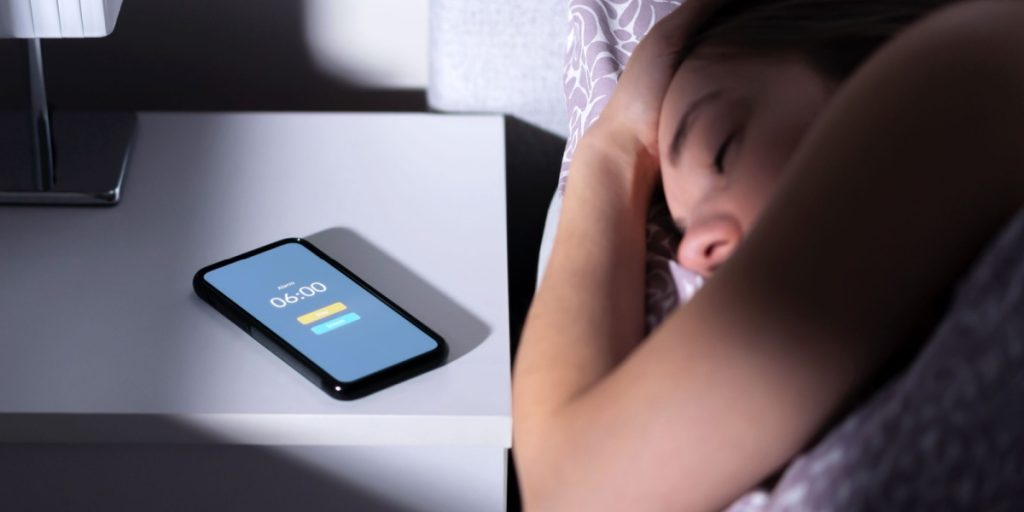Is hitting the snooze button a guilty pleasure or a cognitive booster?
Others are reading now
It’s early morning and the alarm goes off. The thought of just a few more minutes of sleep is tempting, and you hit the snooze button.
Opting for a couple of snoozes in the morning is common practice for many people worldwide, especially on weekdays when the alarm goes off, according to a Swedish study.
While it may seem like a harmless way to treat yourself to a few more minutes of rest, the habit of snoozing has both pros and cons.
Also read
The Benefits of Snoozing
Interestingly, research from Stockholm University suggests that snoozing might actually be beneficial for mental sharpness.
In a study involving 31 participants, researchers found that those who snoozed for three ten-minute intervals before getting up performed better on cognitive tests measuring reaction speed, memory, mental flexibility, and attention compared to when they got up immediately after the alarm.
This suggests that a gradual awakening, especially from deep sleep stages, can be beneficial for cognitive functions, particularly in younger individuals.
Potential Drawbacks
Despite these findings, there are some potential downsides to consider:
-
Disrupted Sleep Quality: Frequent snoozing can fragment the last part of your sleep, which might reduce the restorative benefits of a full sleep cycle.
-
Increased Grogginess: Interrupting your sleep repeatedly in the morning can lead to sleep inertia, where grogginess and disorientation last longer than they might have if you had gotten up with the first alarm.
-
Stress: Rushing after multiple snoozes can lead to a hurried morning, potentially starting your day with a sense of being rushed or behind schedule.
How to Manage Snoozing
If snoozing is a hard habit to break, or you find it genuinely helps you transition from sleep to wakefulness more comfortably, consider these tips:
-
Limit Snooze Time: Instead of hitting snooze multiple times, try limiting yourself to one snooze period per morning to help train your body to wake up more effectively.
-
Consistent Sleep Schedule: Going to bed and waking up at the same time every day, even on weekends, can help regulate your body’s internal clock and reduce the perceived need for snoozing.
-
Optimize Bedroom Environment: Ensure your bedroom promotes good sleep quality, which can make waking up less difficult. This includes a comfortable mattress and pillows, a cool room temperature, and minimal light and noise.
The researchers believe that especially for young people, it may be advantageous to stretch the waking process over half an hour, rather than being abruptly pulled out of a deeper sleep stage.


